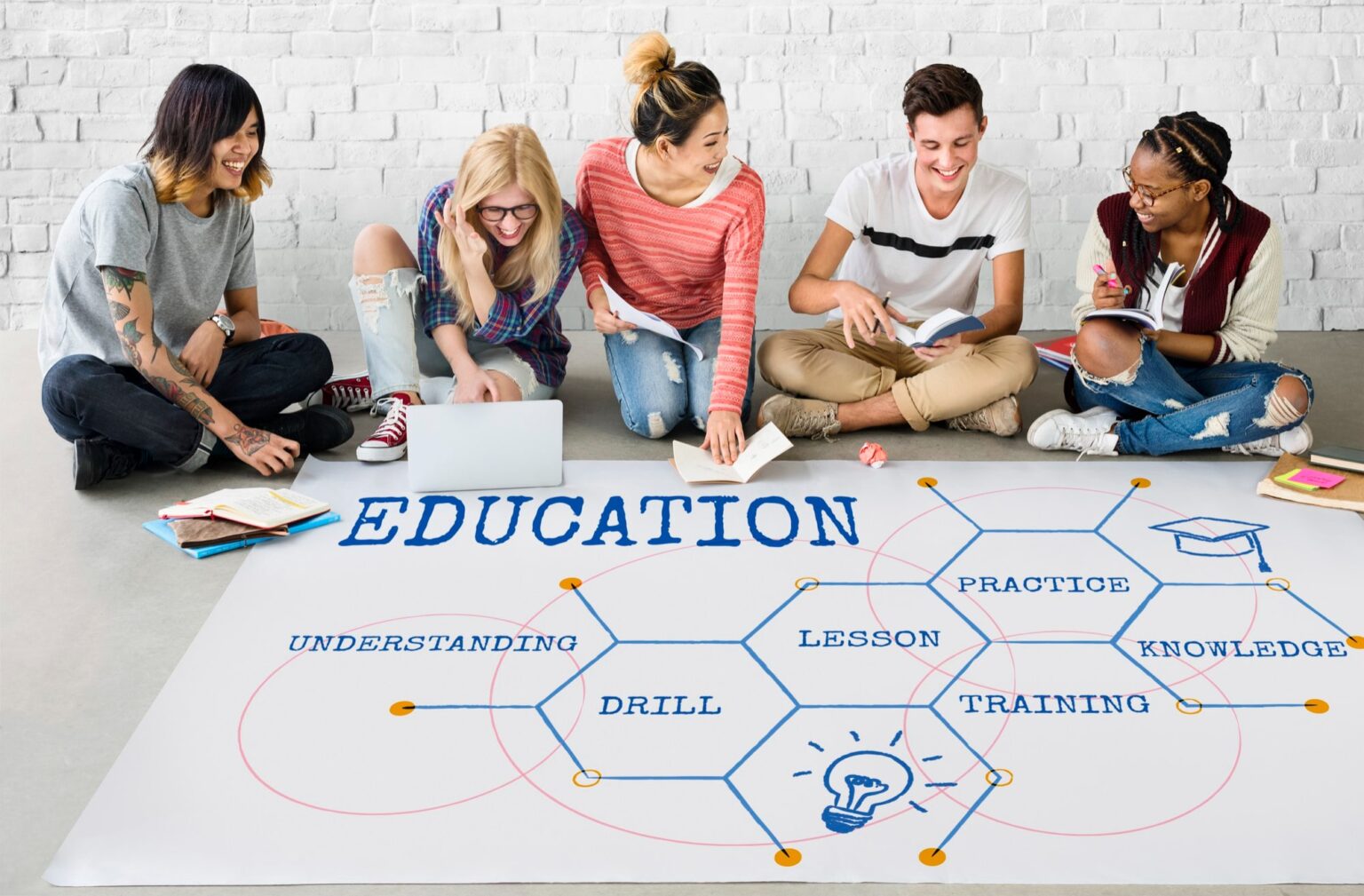Open Educational Resources (OER) are educational materials that are freely available for anyone to use, modify, and share. These resources include textbooks, lecture notes, course materials, videos, simulations, quizzes, and other learning resources that are released under an open license. OER have gained significant attention in education due to their potential to increase access to quality education and promote collaboration and innovation. Here are some key aspects of Open Educational Resources:
- Accessibility: OER are designed to be accessible to learners around the world. By removing cost barriers, OER allow individuals from diverse backgrounds and economic circumstances to access educational materials. This accessibility promotes inclusivity and equal opportunities for education, as learners can freely use and adapt the resources to meet their specific needs.
- Affordability: OER are available at no cost or at significantly reduced prices compared to traditional textbooks and proprietary learning materials. This affordability factor helps alleviate financial burdens for students who may struggle to afford expensive textbooks or other educational resources. OER can result in substantial cost savings for learners, enabling them to access the materials they need without compromising their education.
- Customizability and Adaptability: OER provide the flexibility for educators and learners to customize and adapt the resources to suit their specific requirements. Educators can modify OER to align with their teaching styles, incorporate local examples, or update content to reflect the latest advancements in their field. Learners can annotate, highlight, and personalize OER to enhance their understanding and engage in active learning.
- Collaboration and Knowledge Sharing: OER encourage collaboration and knowledge sharing among educators and learners. Educators can collaborate on the development of OER, sharing their expertise and perspectives. They can also adapt and improve existing OER, contributing to the overall quality and relevance of the resources. Learners can engage in collaborative learning by sharing their insights, annotations, and additional resources based on OER.
- Innovation and Continuous Improvement: OER foster innovation and continuous improvement in education. With OER, educators and institutions can experiment with new teaching methodologies, leverage emerging technologies, and incorporate diverse perspectives into their educational materials. The open nature of OER allows for rapid updates and improvements based on feedback from the community, ensuring that the resources remain relevant and up-to-date.
- Global Knowledge Sharing: OER enable the sharing of knowledge and educational resources on a global scale. Educators and learners from different parts of the world can access and contribute to a wealth of educational materials, fostering cross-cultural understanding and collaboration. OER facilitate the dissemination of best practices, innovative teaching methods, and culturally diverse perspectives, enriching the global education landscape.
- Licensing and Legal Considerations: OER are typically released under open licenses, such as Creative Commons licenses, which specify the permissions and restrictions for using, modifying, and sharing the resources. These licenses ensure that the freedoms associated with OER are protected, while also respecting the rights of content creators. It is important for educators and learners to understand the specific license terms of OER and attribute the original creators when using and modifying the resources.
The availability and use of OER are supported by various initiatives, platforms, and repositories that provide access to a wide range of open educational materials. These platforms, such as OER Commons, OpenStax, and MIT OpenCourseWare, serve as central hubs for discovering, sharing, and collaborating on OER.
Open Educational Resources play a vital role in expanding access to quality education, fostering collaboration and innovation, and promoting lifelong learning. By leveraging the power of open licenses and digital technologies, OER contribute to a more inclusive and equitable education ecosystem.



